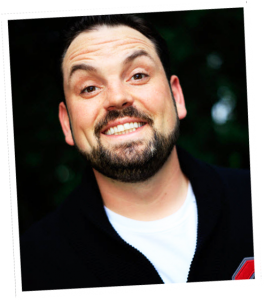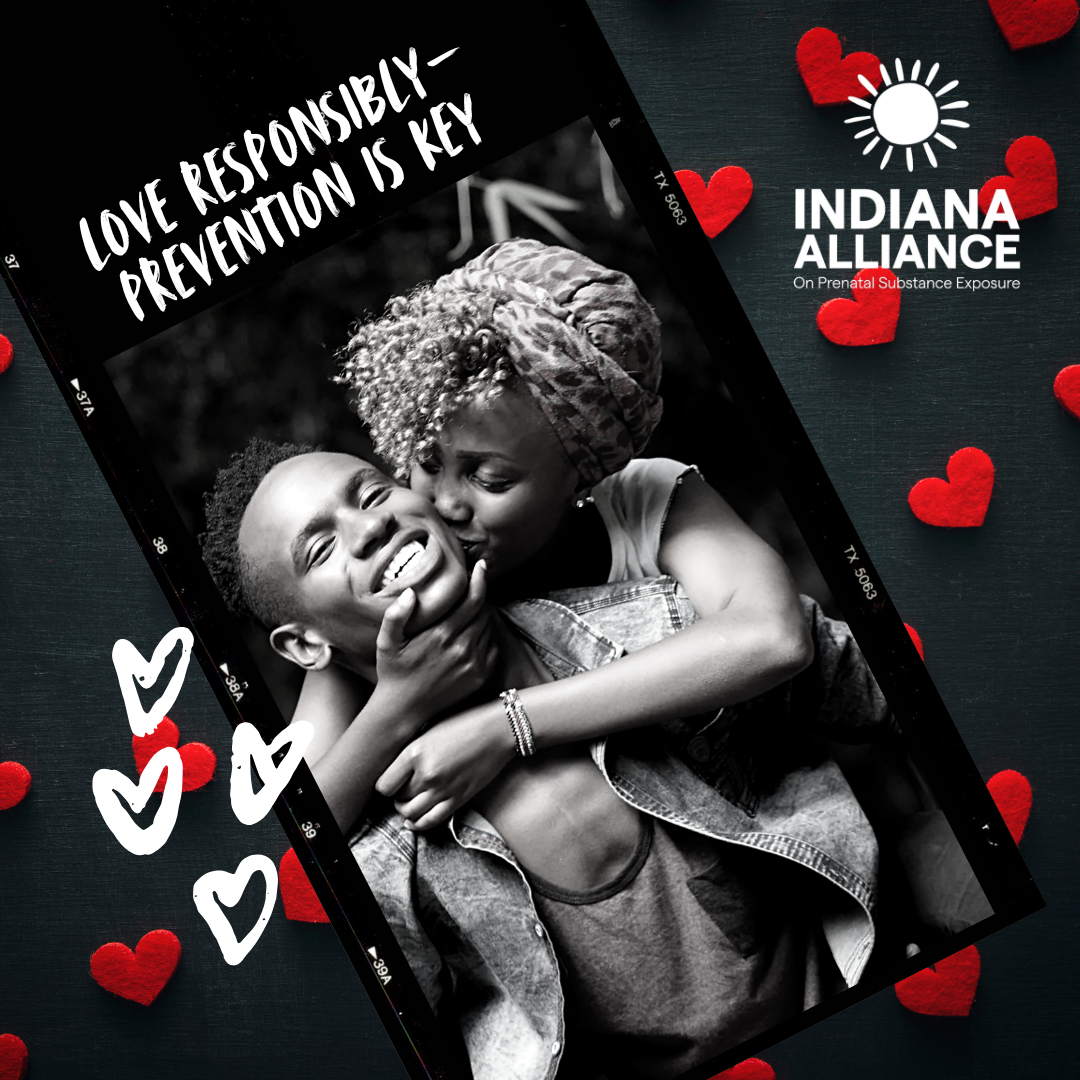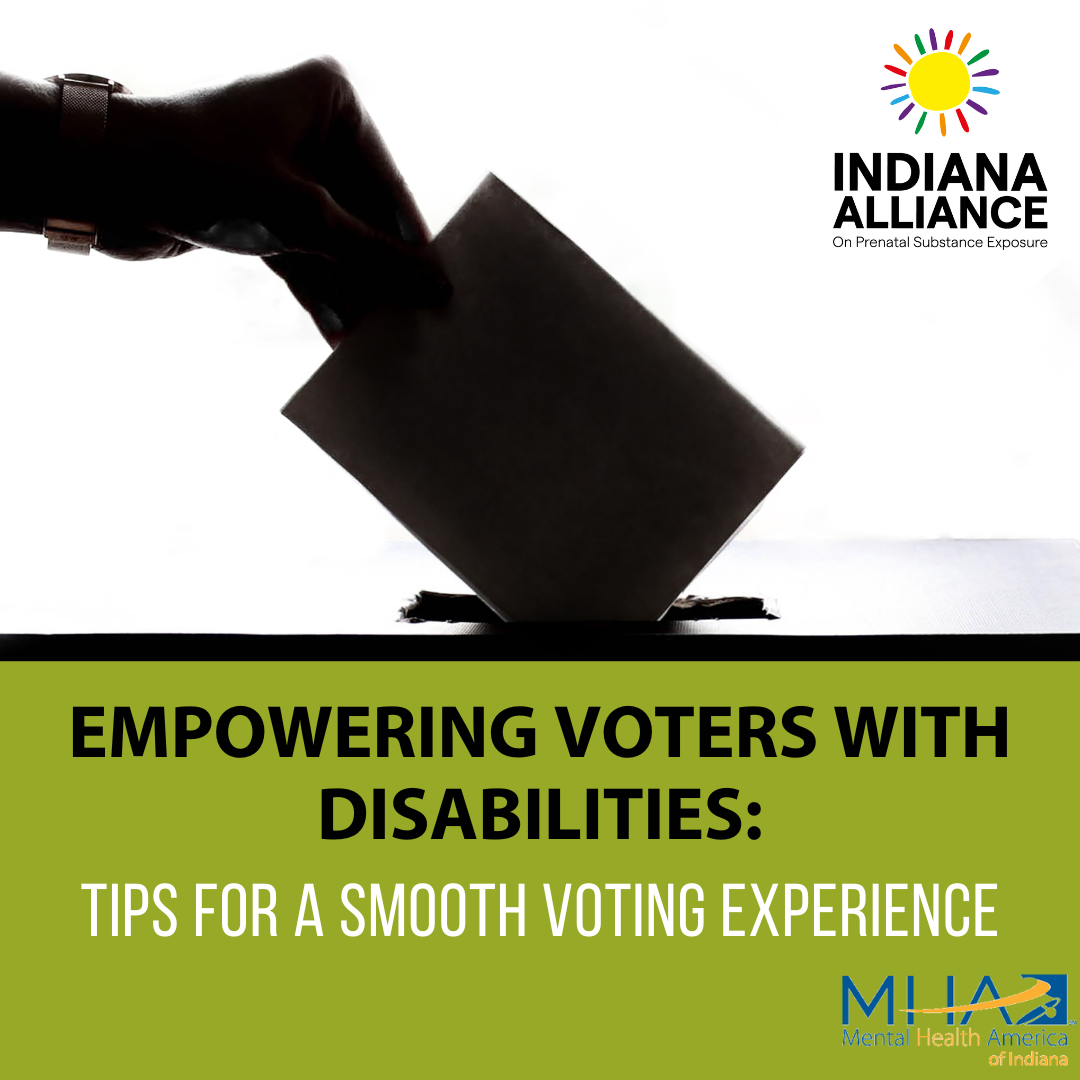
THE FOUR PILLARS of FETAL ALCOHOL SPECTRUM DISORDER SUCCESS
What Every Care Giver Must Know to Survive the Hardest Job in the World
 Jeff Noble is an FASD Educator and Advocate from Ontario, Canada. Passionate about teaching FASD caregivers, professionals and allies, he shares everything he knows through his own stories of FASD success and his most embarrassing parenting blunders. This article draws on Jeff’s own experience as an FASD Foster Parent while also the work: Fetal Alcohol Spectrum Disorder Promising Practices, written by FASD Researchers Dorothy Badry and William Pelech.
Jeff Noble is an FASD Educator and Advocate from Ontario, Canada. Passionate about teaching FASD caregivers, professionals and allies, he shares everything he knows through his own stories of FASD success and his most embarrassing parenting blunders. This article draws on Jeff’s own experience as an FASD Foster Parent while also the work: Fetal Alcohol Spectrum Disorder Promising Practices, written by FASD Researchers Dorothy Badry and William Pelech.
Parenting will always be a challenge. But, caring for a child living with FASD is demanding, exhausting and often very lonely. No duh, right? It’s frustrating because you will always fall short of your expectations (and everyone else’s); demanding because it will take 110% of your time, efforts and dedication; exhausting because you will often feel that you are the ONLY one capable of managing the chaos without any chance of living your own life. Does this sound familiar?
Caregivers of children and youth with FASD are always working, never sleeping, rarely resting and sometimes if they’re lucky, have time to snag a bite of a forgotten about sandwich when they find a chance. Now, this may not be the case for everyone, but the fact remains that caregivers of those living with FASD are on the front lines and in the trenches every single day. They often lose their own identities, face the risks of burnout and before they know it they are a walking 24/7 pager. But, that’s not all… Parents and caregivers are so often caught up with the daily grind of taking care of the child, their needs and wants take a backseat and are in danger of being lost among the every day tribulations of caring for a child with special needs. Anyone who has been given the opportunity to observe the work of a caregiver must ask themselves, ‘where do they hide their cape?’ Or better yet, ‘where the heck do they get their energy from?’ Little do they know, caregivers are often just doing their best to keep their head above water.
But, what does one do? How do you refocus, rejuvenate and restart? I believe this is the million-dollar question… And, I have some insight I want to share. Remember that you, the caregiver are the most important person in your child’s life; and you can never fulfill your duties and responsibilities if you are not physically, emotionally and spiritually healthy. Easier said than done, right?
For parents and caregivers to be successful (and sane) in this lifetime career that they have selflessly devoted themselves to there are FOUR PILLARS of FASD SUCCESS that will guarantee a winning outcome: Respite, Training, Coaching and Understanding Grief and Loss. Use and follow these four pillars to survive (and thrive) as a caregiver.
RESPITE
Respite is defined as the temporary relief from the duties and responsibilities of being a caregiver. Even though your body begs for rest, sleep and relaxation these needs are pushed aside as you struggle to answer the ongoing list of demands from a child living with FASD. Although you know this already, I am going to tell you again: the physical and emotional symptoms of inadequate sleep affect your ability to give quality care. Read: If you’re not good, you can’t help. Period. There are one hundred factors that you cannot control as a caregiver, but there is one that you can – giving yourself a break, otherwise known as RESPITE. I’m telling you folks – you won’t be able to stay up every night and every day without a good night’s sleep or taking time out of the day for yourself!
Think you’re invincible? Think again. If you don’t take a break, you can guarantee that you will be affected by one, two or all of the following: withdrawal from family and friends, mood swings, and emotional and physical exhaustion. No rest can make you incompetent and incapable of caring for your child. Plus: caregivers have also been observed to experience increased feelings of anxiety and depression. Even a fifteen-minute mental health break could help you get through a long afternoon. Regular respite will help make your immune system stronger and keep you physically and mentally alert.
So, ask yourself: Are you getting enough rest, sleep, and relaxation? Do you allow yourself to pursue your goals and your dreams? If you answered no, let me remind you that inadequate rest and relaxation has been scientifically proven to affect your mood and your ability to concentrate on tasks at hand. So, never underestimate the power of taking a breather. After all, it is a basic physiological need.
Taking time away from your duties and responsibilities will rejuvenate, reenergize and restore you both physically and mentally. It will allow you to stay keen, positive and two steps ahead of your child. It will allow you to laugh, joke and appreciate what your child has to offer. So, do you, your kid and your family a favour – be selfish for once and concentrate on numero uno – you!
TRAINING
Parents and caregivers are the backbone of support that children with FASD lean upon. And for that reason, caregivers should be armed with the most up to date and adequate information to ensure that they understand the ever changing and growing knowledge exchange that is taking place within the FASD community.
I’ve mentioned previously, and you know firsthand that taking care of a child with FASD will always be a challenge. But, what I want you to understand is that it can be done. You can have normalcy in your life and predictability in your household – and with proper training, you will be able to provide a more dynamic, top of the line, lifelong support for your loved one without the fear of burning out or losing touch with you or your family.
You might be thinking to yourself, why do I need training? I’m a parent, I know how to parent. And, you do, but here’s the difference: your child has FASD and everything about what you will do as a parent, will be different and sometimes may even bring you out of your comfort zone. Caring for someone with FASD is quite often non-traditional and goes against everything our parents taught us. Don’t believe me? Try to ground your child, take away his allowance away or change up his routine. Yikes, right? Well, keep reading!
Training can and should include: self-care techniques, recognizing early warning signs of physical and mental health issues, rights of the persons with FASD, how to provide emotional support, wellness issues, where and how to access the different resources available locally.
And one more thing about training… just when you think you’ve had enough training, start again.
Whether training is formal or informal, it has the ability to open your eyes to the nature and complexities of FASD. You may just find you’re a-ha! moment. Training and lifelong learning will allow you to be a better caregiver and help you find more diverse ways to cope and parent. The unpredictability of a child with special needs is an ongoing challenge and experts are continually searching for answers to unlock the mysteries of FASD, so why wouldn’t you?
Training will empower the caregiver. A caregiver or parent will learn how to prioritize what’s important and what deserves attention. I mean, is it really the end of the world if your daughter doesn’t clean her room or that your son tells stories (that you are sure are not true… or that you’ve heard over and over again?) Is it going to ruin your day if your foster child does not complete his chore? Training will allow you to answer these questions (and a million more) confidently and help you follow through with the appropriate measures, even though traditional parenting might tell you otherwise.
Finally, training will also assist you when you must make quick and rational decisions when you are amidst emergency situations and chaos. Training will allow you to know when a professional must be called or simply when you need a break (Don’t forget about our old friend: RESPITE). A properly trained caregiver knows his or her role and is confident, strong, willing, excited and wanting to fulfill the needs of a child living with FASD.
COACHING (and SUPPORT)
Coaching is defined as giving wise counsel and trusted advice whenever and however it is needed. A coach is teacher, a trainer, a sounding board, an educator, a motivator and/or a dedicated support. More specifically, a coach is a professional helper that will teach and support you to be the best caregiver you can be. Having a coach available to you will help you make those really tough, nail biting, can’t sleep or get my mind off of it type decisions. Better yet, a coach can help you and teach you how to make the best decisions you can, even when you’re not sure of what you are doing or where you are going. Oftentimes, a caregiver feels alone against the challenges of caring for a child with FASD and coaching can provide support in many ways.
The following is a list of reasons why using a coach will help make care giving a person with FASD more manageable and rewarding:
1. It helps individuals who are overwhelmed with the rigors of caring for somebody who is unable to take care of his or her needs. Coaching helps caregivers make informed decisions.
2. Coaches are equipped with information and strategies on how to deal with topics, such as, but not limited to: how to make a home safe, how to deal with the turmoil of emotions that a caregiver may feel or how to deliver the message that it is important for caregivers to take care of themselves.
3. A coach is a stabilizing force and sounding board. It is a support group on whom the caregiver can easily turn to when facing difficulties. Coaching will help you understand FASD and the challenges that being a caregiver can bring. It will empower the caregivers to set priorities and make rational decisions.
4. Coaching can provide referrals, resources and community supports to meet a caregiver’s challenges and responsibilities. It will open the caregiver’s mind to the availability of associations, programs, and agencies that can extend realistic and strategic help and support.
5. Coaching can help a caregiver find balance in his or her life. Coaching can assist with relieving stress and improving coping skills. It will help you plan for the future while providing ongoing support and guidance.
6. Coaching will show you that you can care for a love one without losing yourself (or your mind) in the process. It will help you reclaim your life and to re-connect with your dreams.
Much like RESPITE and TRAINING, COACHING is imperative if you want to be a successful, balanced and knowledgeable caregiver. If there is help out there and it will only guarantee better results, wouldn’t you want that for your loved one or the person you take care of every day? Utilizing a coach will give you the support you need and motivation to wake up each day knowing that you will make a difference.
GRIEF AND LOSS
At some point in your life, I am assuming you have gone on a trip. So, imagine you have just planned your first trip to Rome. (You may have head this story before… but just play along.) You know how long you will be there, where you will sleep and eat, what types of recreation you will participate in, what clothes you will wear, the temperature, the dialect and the food. But, guess what? Your flight was cancelled and now you’re going to Winnipeg, Manitoba.
Well, wait a second, the food is not the same, the language is different, the time and temperature are all wrong, the activities are nowhere near the same and there is only one hotel that accepts your credit card. Nothing you planned will work. You have to rethink your entire trip.
Well, finding out your child has FASD is very much like this. The traditional parenting techniques you have been taught probably won’t work. You will have to incorporate new methods to your madness or tricks to your trade. Children and youth with FASD are amongst the most sensitive in society and as caregivers, it is your duty to step out of your comfort zone and paint your own picture, or family portrait.
But, what is this change that you are facing? Put simply: Grief and Loss. Loss is not only defined by the death of a loved one, it also includes the inability to achieve something that you desire or an expectation that will never become reality, much like the expectations that we set for our children with FASD that are continuously not met.
In FASD, parents are the first ones to experience grief and loss. As a parent or caregiver, you naturally set expectations, but what happens when the expectations and milestones are not met over and over again? At first, you may experience denial, but afterwards, you may experience all kinds of difficult and surprising emotions. Failure to address the unmet expectations and lost opportunities of those with FASD may lead to caregivers feeling stuck and burnt out. Providing care to someone with FASD and having unrealistic expectations WILL result in failure. As a caregiver, you will never be satisfied, which will leave your child feeling inadequate, which will only open a whole other box of worms that you don’t want to face.
But, folks, understand this – People with FASD CAN BE SUCCESSFUL! You just need to redefine what success is. But remember, what works for most, won’t work for those with FASD. So, this is our job as caregivers to use the RESPITE, TRAINING and COACHING to find specific strategies, techniques and methods to work with your child, not against. So, do yourself a favor – talk about your issues, struggles and successes with other parents, caregivers or professionals because failure to do so will often result in being stuck in a sticky situation of self-denial and eventually self-destruction. And don’t forgot it’s ok to let yourself grieve. You will likely feel a sense of relief and an increased ability to try again, or better yet, try something different.
Good luck on your journey.
–Jeff
In order to succeed as a caregiver you need to be surrounded by those who are going through the same thing. Connecting with others is a huge step towards success. That’s why Jeff created his Facebook page FetalAlcoholForever w/ Jeff Noble. His community is over 10,000 strong. He would love for you to join his community…
Credit / Sources
This article is from FASD Forever, and appears on their website.







